
Campaigns
Angling Trust Respond to Sussex IFCA Hand Gathering Consultation
The Angling Trust has responded to the recent consultation held by Sussex IFCA on their proposed Hand Gathering Byelaw. We believe the current byelaw, as it is drafted, is not fit for purpose, would disproportionately disadvantage recreational anglers in the area and is largely unenforceable.
Our objections include the proposed quantities for collection within one session, the inclusion of bait pumping restrictions within the bylaw, the lack of sufficient evidence to support the implementation of a crab tiling ban within the River Adur SSSI and the unbalanced approach of restricting only bait collection activities due to disturbance risk within sensitive areas. We do welcome opportunities to develop eco-friendly alternatives to crab tiling materials and to advocate a voluntary code of conduct on sustainable bait pumping, as we recognise the need to reduce the number of pollutants entering marine ecosystems. Where robust scientific evidence supports the need for management restrictions on bait gathering activities we are open to implementing proportionate measures. The Angling Trust response can be found here.
The Angling Trust recognises the need for a bylaw to restrict illegal commercial hand gathering activities. Our view is that proportionate management measures, such as a voluntary code of conduct and commercial operators having to carry ID, are the best way forward where evidence suggests a need for management. Striking an effective balance between limiting damaging commercial exploitation whilst facilitating recreational sea angling by the public is integral to the spirit of co-management.
Hand gathering, also known as bait collection, is a commonly practised part of recreational sea angling. For many sea anglers, it is an important part of their angling experience. Ragworm, lugworm, crab, shellfish, and other marine organisms are dug or foraged, mainly within the intertidal zone between high and low water. Anglers collect bait for personal use or friends or family, and commercial operations gather bait on behalf of the local tackle trade.
It is commonly cited amongst the recreational angling community that anglers have an unfettered right to collect bait and hand gather – unfortunately, this is not the case. While the public has a right to dig bait as an ancillary part of the public fishery, private landowners have the right to refuse access for bait collection and local authorities, such as the Inshore Fishery and Conservation Authorities (IFCAs), have the right to impose bylaws to regulate the exploitation of sea fisheries resources. Designated conservation areas, such as sites of special scientific interest (SSSIs), special areas of conservation (SAC) and marine conservation zones (MCZs), also reserve the right to restrict bait gathering in sensitive habitats within the governing framework of their designation.
It’s important to note that the public right to collect bait does not extend to collecting bait for commercial purposes where any form of exchange, payment or reward is involved.
The angling and conservation worlds sometimes collide; however, they should not be seen as mutually exclusive. For the sport to thrive sustainably long into the future, it depends upon a healthy marine environment. Anglers can play a key role in facilitating that future with their vast experience and knowledge of our seas and coastal environments.
The Angling Trust will always defend the right of anglers to collect bait so far as the relevant frameworks allow. Where scientific evidence suggests bait collection has adverse effects on the ecosystem, we will seek to identify solutions.
Hannah Rudd, Policy & Advocacy Manager said “Bait collection is important to the angling experience for many anglers and the Angling Trust will always defend that right, where possible, and seek to identify solutions, where it is not. The Angling Trust does not support illegal commercial hand gathering – which this byelaw is designed to tackle, although incidentally there are aspects that may impact upon individuals hand gathering bait for personal use or on behalf of friends and family. By working with members of the Angling Trust Marine Advisory Group we have submitted a response to the Sussex Inshore Fisheries & Conservation Authority on behalf of anglers that we hope the Authority will take on board. The Angling Trust would like to say thank all the angling clubs, anglers and organisations who responded to the consultation.”
You might also like
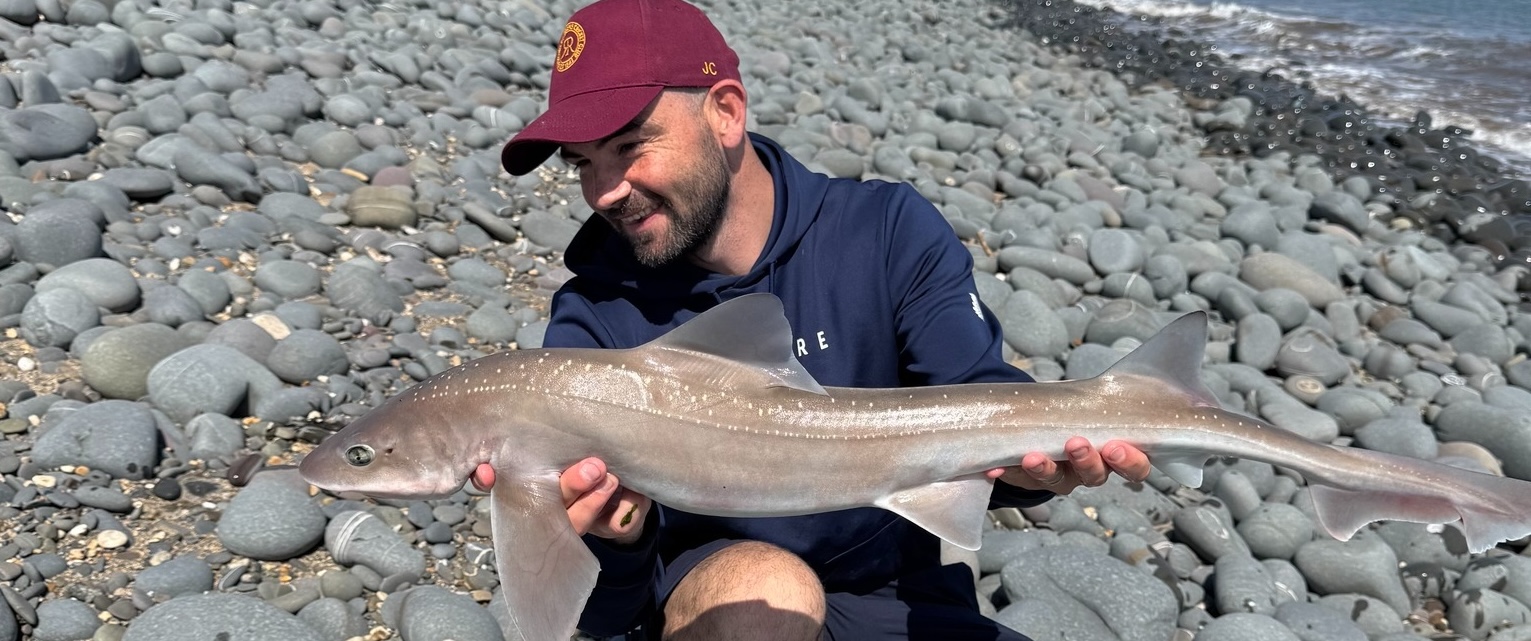
Want to know where to fish whilst on holiday…
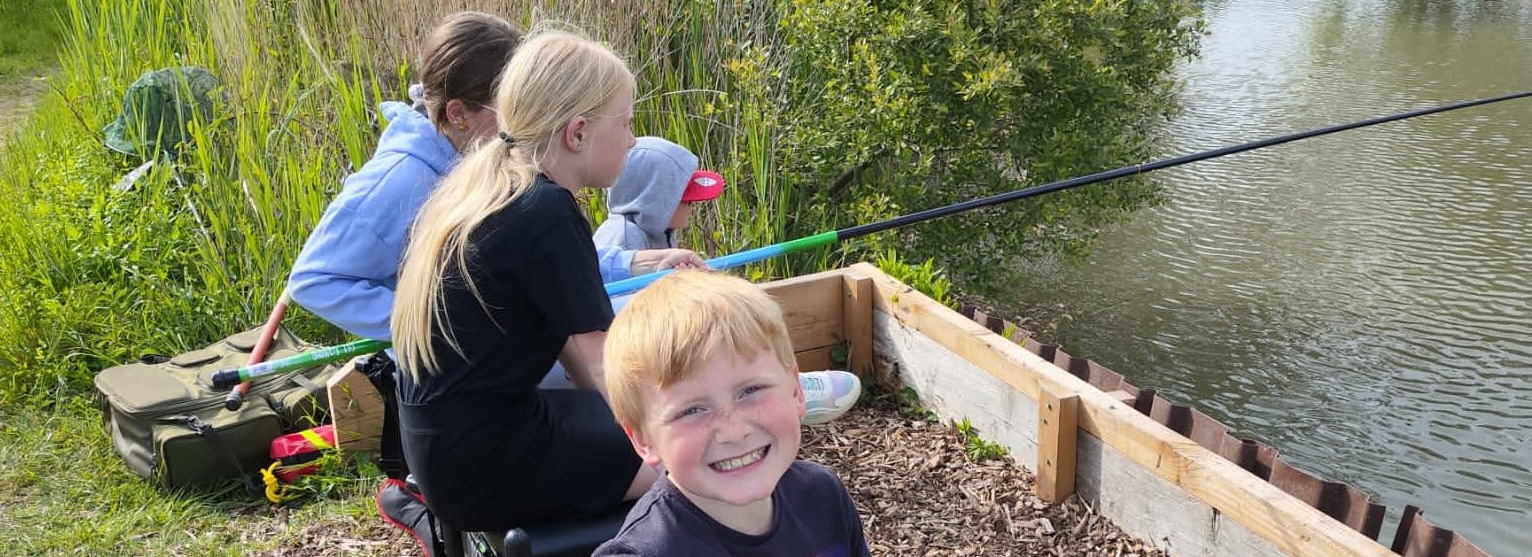
Reel Education is continuing to grow from strength to…
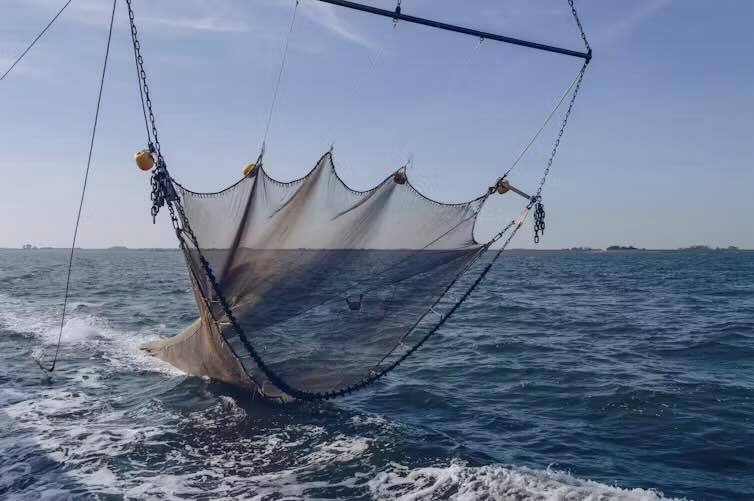
Government Announces Proposed Ban on Bottom Trawling in 41…

Learn how to fish at Ware Angling Club Open…
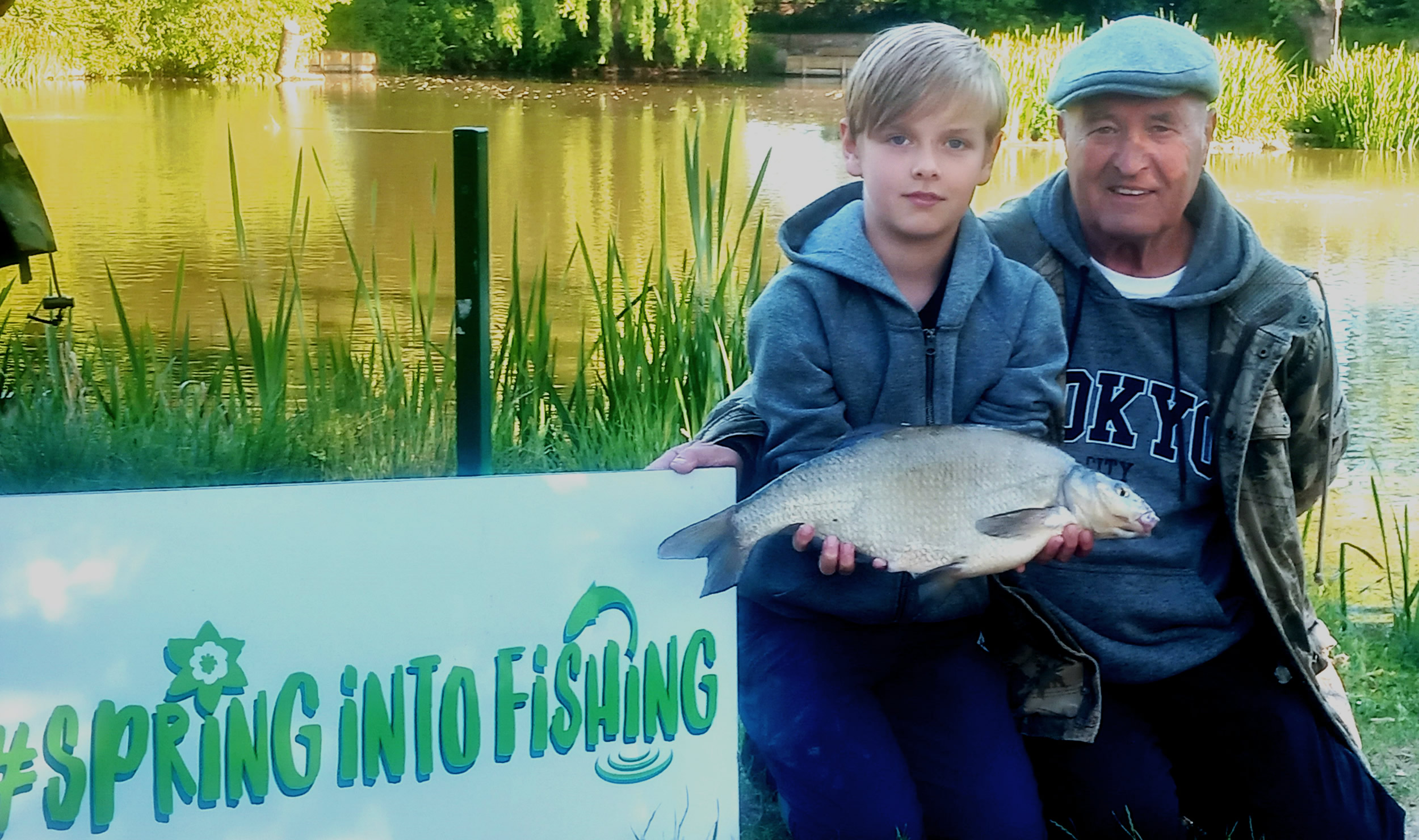
Spring into Fishing – Get Fishing beginner angling events…

Angling Trust Presses Water Commission to Go Faster and…

VIDEO: Alice and her 3 boys have a day…
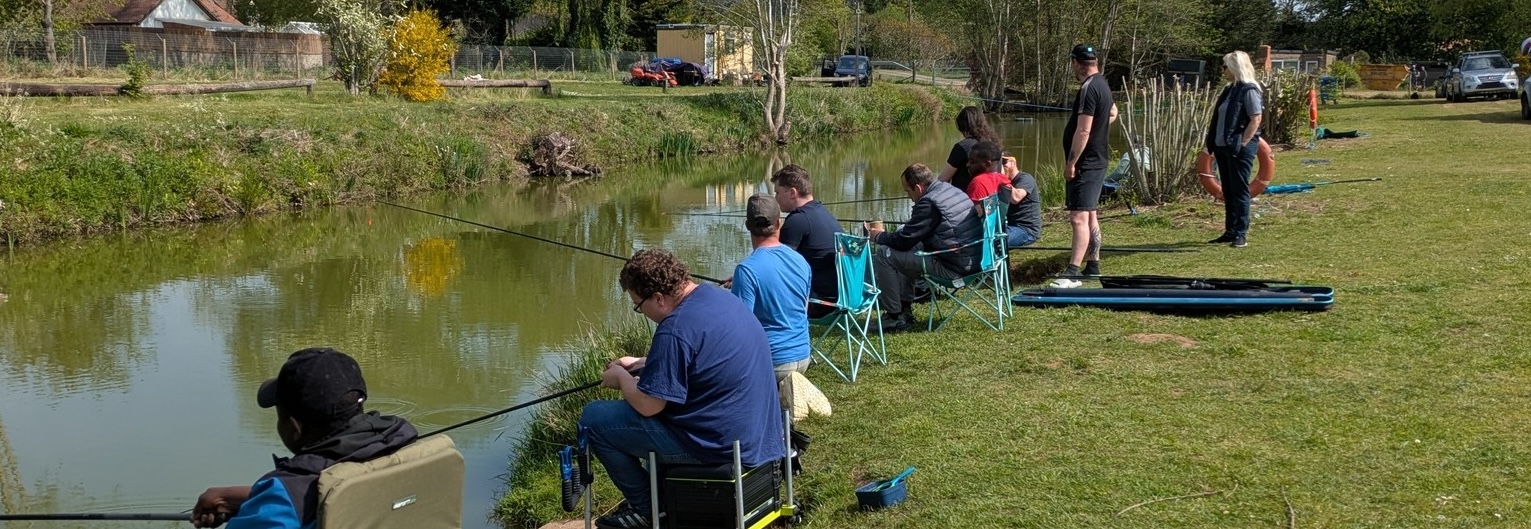
Recovery Rods help boost mental health and wellbeing by…

Teddy is hooked! – back for more fishing and…

Thank you to all our volunteers – you do…

Get Fishing Fund – Funded Project: HACRO were visited…
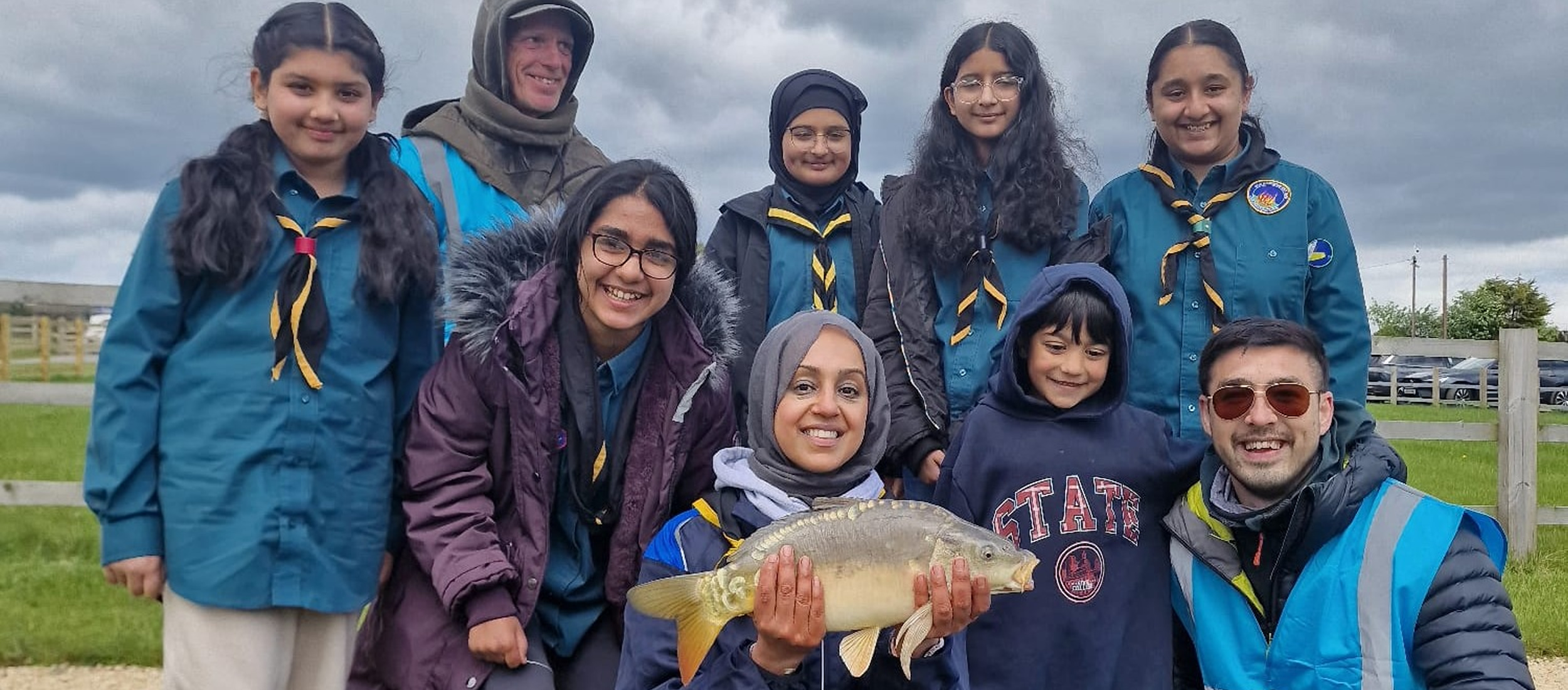
New Horizons had an amazing day taking part in…

Want to know where to fish whilst on holiday…

Reel Education is continuing to grow from strength to…

Government Announces Proposed Ban on Bottom Trawling in 41…

Learn how to fish at Ware Angling Club Open…

Spring into Fishing – Get Fishing beginner angling events…

Angling Trust Presses Water Commission to Go Faster and…

VIDEO: Alice and her 3 boys have a day…

Recovery Rods help boost mental health and wellbeing by…

Teddy is hooked! – back for more fishing and…

Thank you to all our volunteers – you do…

Get Fishing Fund – Funded Project: HACRO were visited…

New Horizons had an amazing day taking part in…

Want to know where to fish whilst on holiday…

Reel Education is continuing to grow from strength to…

Government Announces Proposed Ban on Bottom Trawling in 41…

Learn how to fish at Ware Angling Club Open…

Spring into Fishing – Get Fishing beginner angling events…

Angling Trust Presses Water Commission to Go Faster and…

VIDEO: Alice and her 3 boys have a day…

Recovery Rods help boost mental health and wellbeing by…

Teddy is hooked! – back for more fishing and…

Thank you to all our volunteers – you do…

Get Fishing Fund – Funded Project: HACRO were visited…









